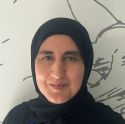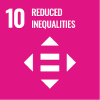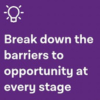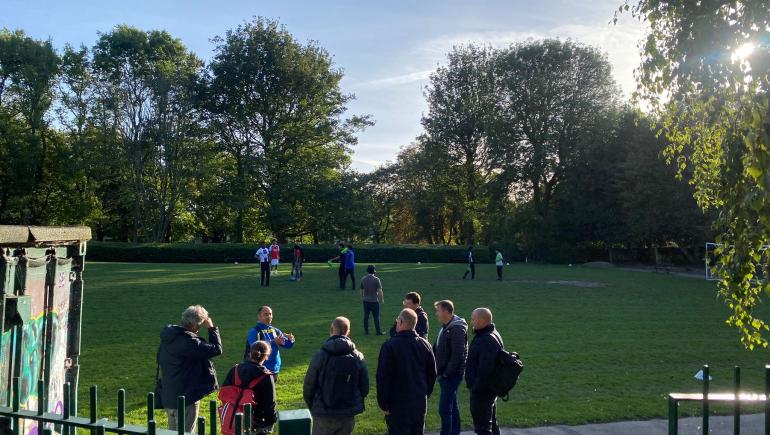 The Leeds Summit on Community Sport for Development and Diplomacy saw more than 70 participants, practitioners and policy-makers, athletes and academics convene at the University of Leeds over two days in September 2025 to debate the power and potential of community sport as a developmental and diplomatic tool for both local and global impact. ConnectSport CIC was media partner for the event and, in this series of short articles, our reporter Josh Chadwick-Birch spoke to attendees about what they gained from the Summit.
The Leeds Summit on Community Sport for Development and Diplomacy saw more than 70 participants, practitioners and policy-makers, athletes and academics convene at the University of Leeds over two days in September 2025 to debate the power and potential of community sport as a developmental and diplomatic tool for both local and global impact. ConnectSport CIC was media partner for the event and, in this series of short articles, our reporter Josh Chadwick-Birch spoke to attendees about what they gained from the Summit.
Josh: Hi Asma, please can you tell us about your role?
Asma: I am the Head of Participation and Communities at the Muslim Sports Foundation. Our organisation became a Sport England system partner last year to tackle inequalities and remove barriers that British Muslim communities face in sport. These communities are among the most inactive in the country, so my role focuses on creating opportunities, shaping policy and building partnerships that make sport more inclusive and accessible for British Muslims.
What are you hoping to gain from this Summit?
I came here expecting to benefit from the learning and hoping there would be a clear call to action that comes out of it. I love the passion behind people’s stories, the way they have shared needs and impacts and it has been great to connect with even more people in the system who are doing brilliant work.
What I am really hoping for now is to see system change, something that can genuinely shift the dial. I also want to see us able to have the really needed but sometimes difficult conversations, especially given the current societal issues we are facing. If this Summit can help bring those conversations into the open and lead to action, that would be a powerful outcome.
What key development would you like to see happen in community sport over the next five years?
I want to see a collective voice emerge in community sport. Summits like this are powerful because they bring people together, but what matters is what happens afterwards whether the conversations lead to real change rather than just talk. I am looking for something deeper than surface level statements or tokenistic gestures. I want us to face the hard questions and be willing to have difficult but necessary conversations, especially with the societal challenges we are living through now.
My hope is that over the next five years we build a truly inclusive ecosystem in sport, one that recognises and celebrates cultural and faith identities rather than asking people to leave them at the door. For the Muslim community, that would mean accessible and welcoming places to play, coaches and leaders who understand cultural context and opportunities to progress without compromising identity or values. But it is about more than access it is about belonging, visibility and the power to shape the system.
I have been in community sport for nearly three decades. I have seen important milestone changes, but rarely at a scale that truly shifts the landscape. Too often, decisions are based on data points and participation rates without asking who lives in those communities and what their lived experience is. We need to bring diverse voices and perspectives into the heart of decision-making so that change is not done to communities but with them.
For me, this is about moving beyond short-term projects or headline numbers and towards a system that is responsive, representative and courageous so it can adapt to the complex, nuanced realities of people’s lives and play a genuine part in tackling wider social issues. That is the kind of game-changing shift I want to see begin with gatherings like this Summit.
Thanks for speaking to ConnectSport, Asma.
Find out more at muslimsportsfoundation.org.uk
Read the Leeds Declaration on Community Sport for Development & Diplomacy.
This story supports these goals and missions:











